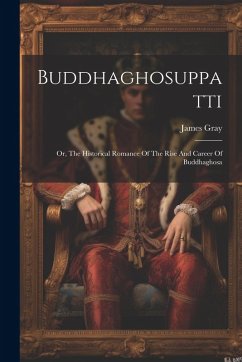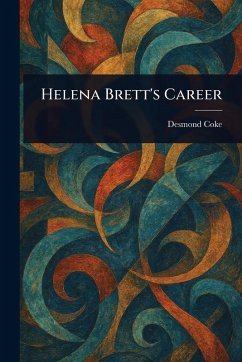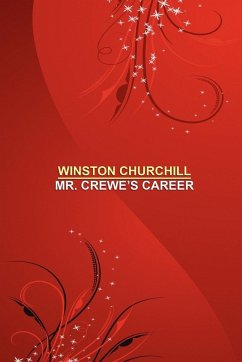
Mr. Crewe's Career
Versandkostenfrei!
Versandfertig in 1-2 Wochen
26,99 €
inkl. MwSt.

PAYBACK Punkte
13 °P sammeln!
This political novel follows the rise of Mr. Crewe, a wealthy railroad magnate who embarks on a campaign for political office in New Hampshire. As he navigates the treacherous waters of state politics, the story explores themes of ambition, reform, and the influence of big business on governance. Churchill weaves a narrative rich with satire and social commentary, critiquing the political machine while examining personal and political ideals. Winston Churchill (1871-1947) was an American novelist, born in St. Louis, and a graduate of Annapolis in 1894. He wrote a number of popular historical n...
This political novel follows the rise of Mr. Crewe, a wealthy railroad magnate who embarks on a campaign for political office in New Hampshire. As he navigates the treacherous waters of state politics, the story explores themes of ambition, reform, and the influence of big business on governance. Churchill weaves a narrative rich with satire and social commentary, critiquing the political machine while examining personal and political ideals. Winston Churchill (1871-1947) was an American novelist, born in St. Louis, and a graduate of Annapolis in 1894. He wrote a number of popular historical novels such as Richard Carvel (1899), The Crisis (1901), and The Crossing (1904). His later books, including Coniston (1906), The Inside of the Cup (1913), and The Dwelling-Place of Light (1917), reflected his interest in the social, religious, and political problems of his day.





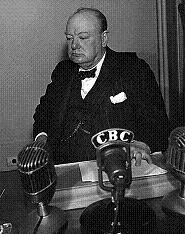

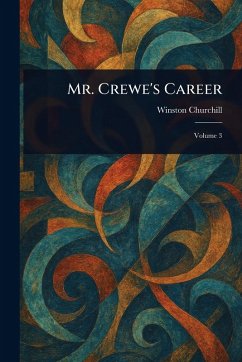

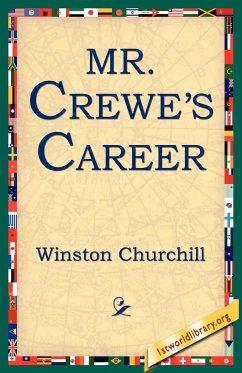
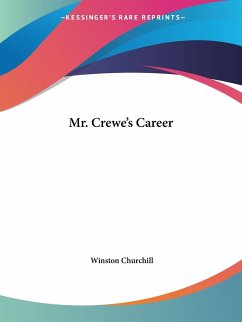
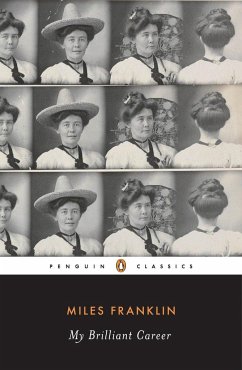
![The Career of Mrs Osborne [microform] Cover The Career of Mrs Osborne [microform]](https://bilder.buecher.de/produkte/66/66136/66136467n.jpg)

